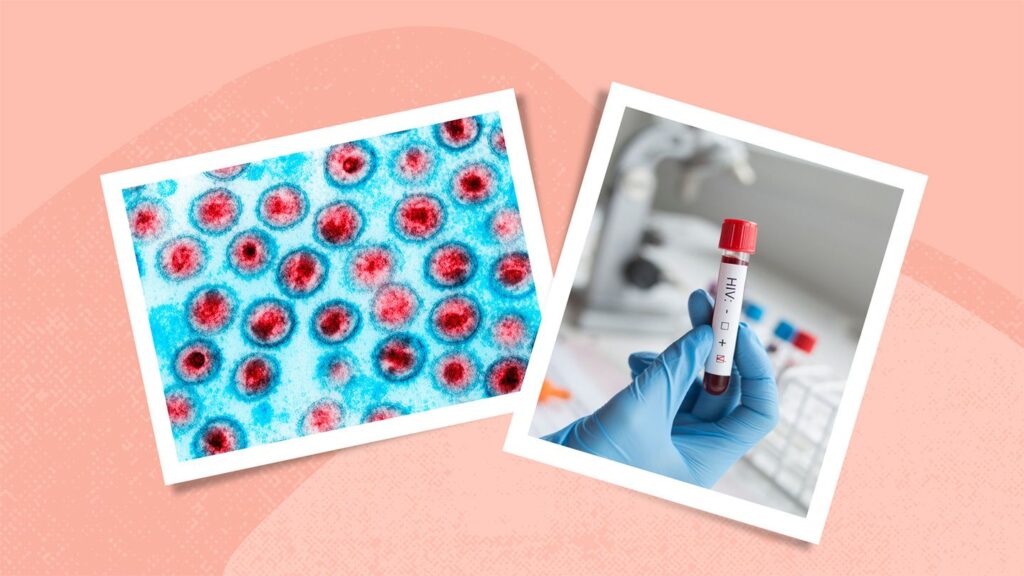What Is Orthorexia?
Orthorexia is marked by a preoccupation with all things surrounding food, including obsessing over ingredients, what the next meal will be, and the eating habits of friends.
Orthorexia has been defined in research as an obsession with healthy eating to the point where it negatively impacts one’s well-being and may even contribute to malnutrition.
A person might eliminate entire food groups deemed “unhealthy” or “impure” from their diet, making the list of foods they view as acceptable narrow and extremely limited.
The term “orthorexia” was introduced in 1997. It isn’t currently recognized as an eating disorder in the DSM-5, though it’s often referred to as an eating disorder by clinicians and some health organizations.
“There’s increased awareness, and it’s being identified and treated — when in the past it was getting misdiagnosed or even missed completely,” says Samantha DeCaro, PsyD, the director of clinical outreach and education at the Renfrew Center in Philadelphia.
Types of Orthorexia
You’ll find that the terms orthorexia and orthorexia nervosa are used.
Some researchers state that orthorexia nervosa is an extreme version of orthorexia that’s paired with intense distress and anxiety to the point where daily life is affected.
More often, though, the terms are used interchangeably. In clinical practice, however, they mean the same thing, Dr. DeCaro says.



